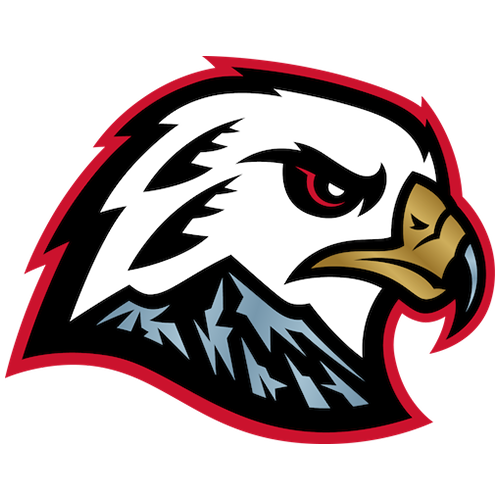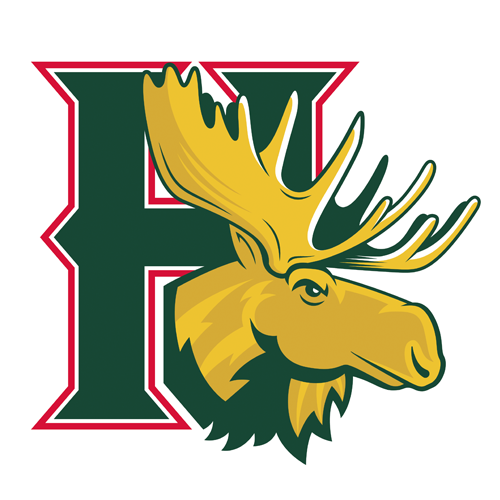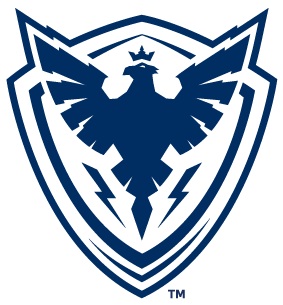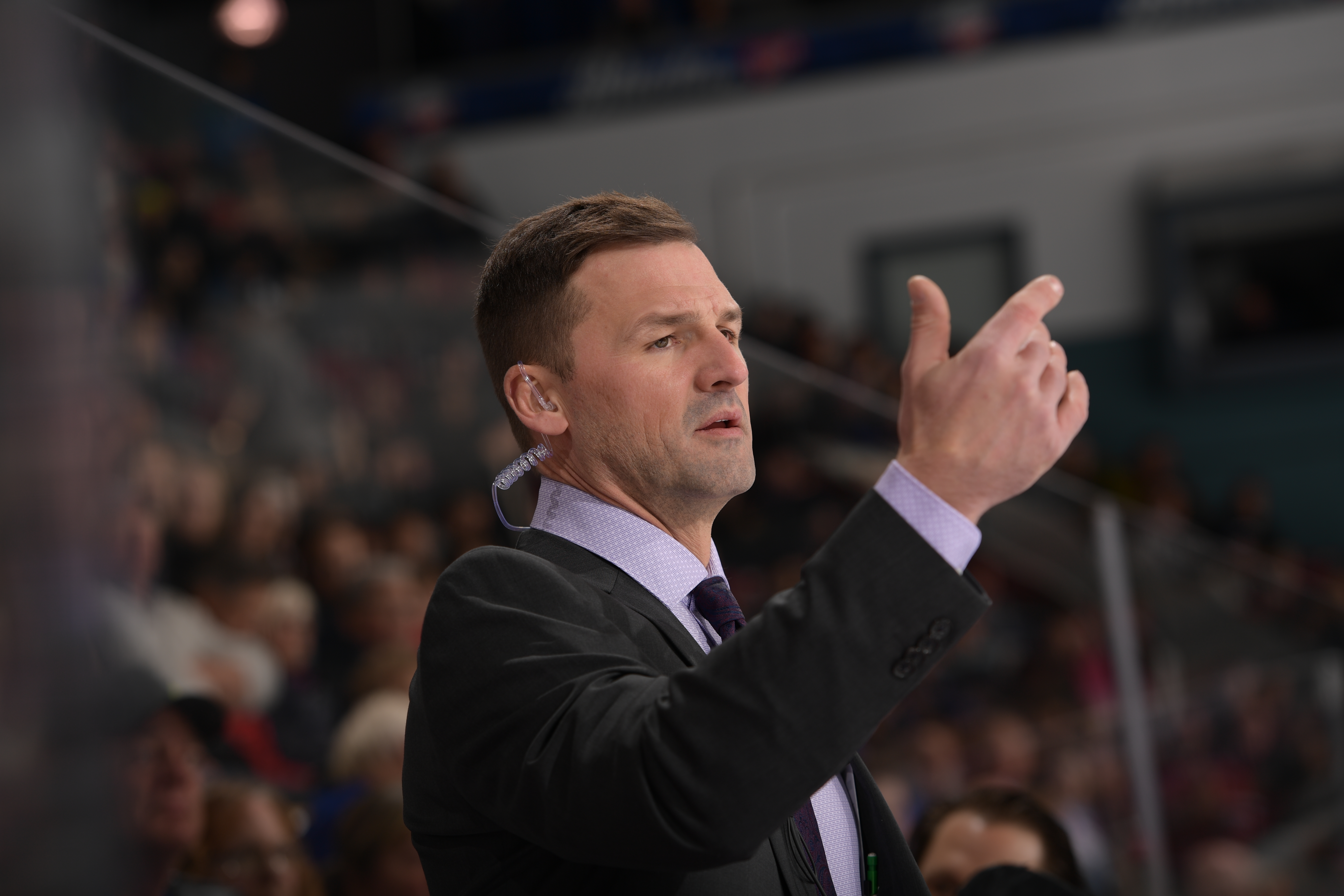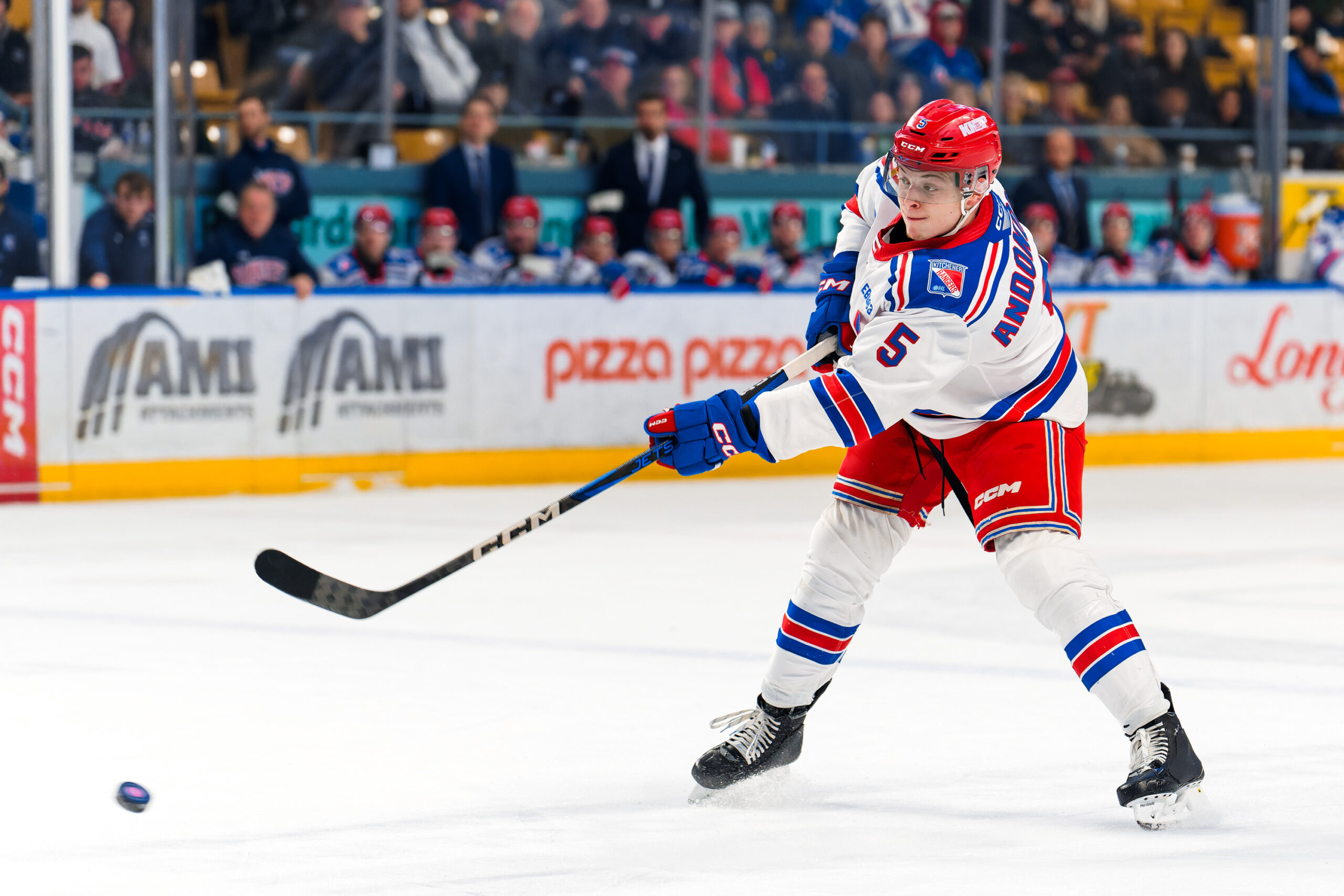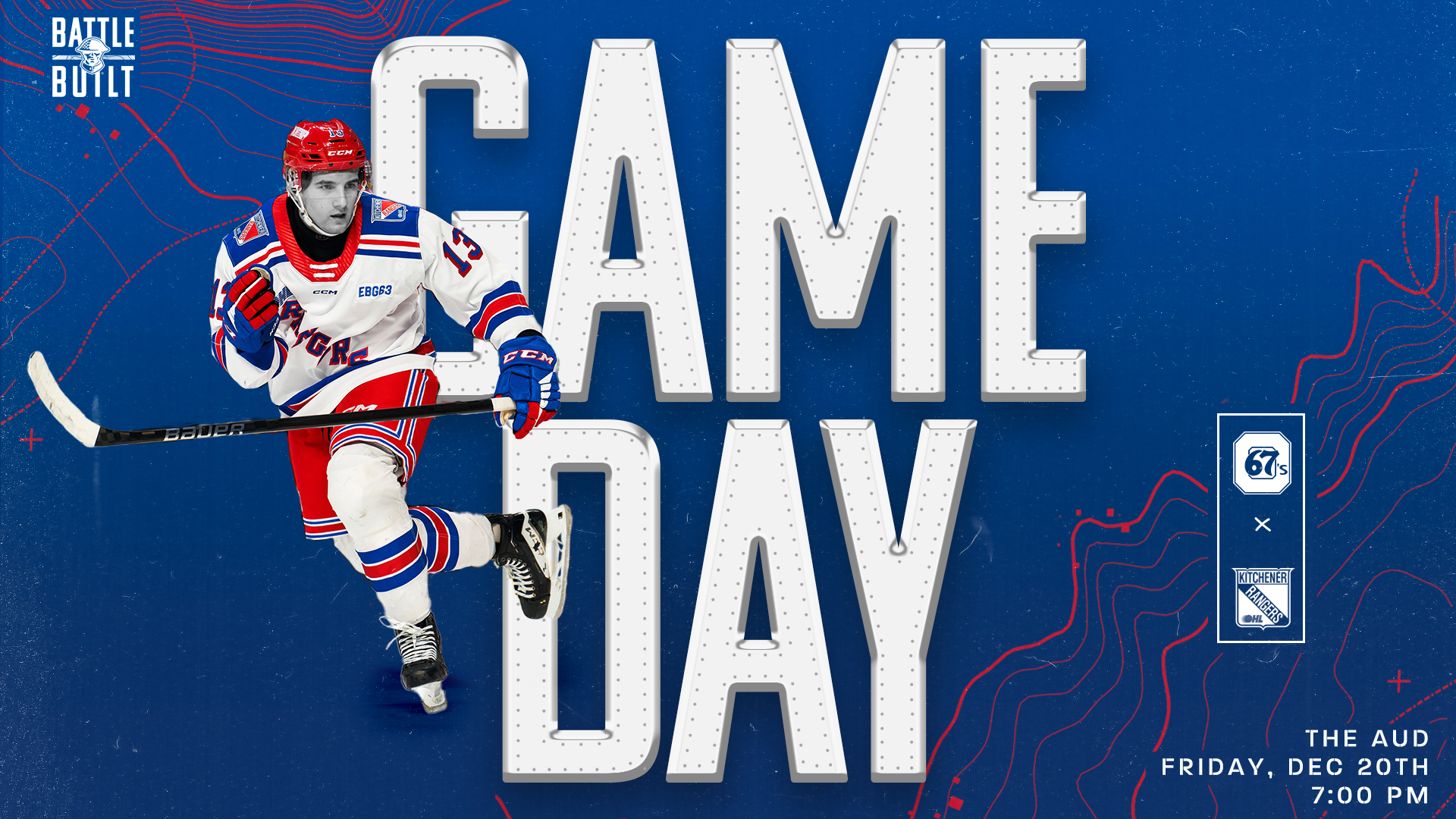SPOTLIGHT: Brandon Merli
Things have changed for the Rangers in recent memory, but there are a few things that have stayed the same.
When it comes to the Rangers coaching staff, the one constant in the past 14 years has been Brandon Merli.
He joined the team’s front office in 2006, but the Kitchener native’s ties to the Rangers can be expanded to 18 years if you include his playing days from 1996-2000 with the Blueshirts.
Even without counting his 167 games in the OHL (all with the Rangers), Merli is the longest-tenured coach on staff. And he’s appreciative of his responsibilities, which expanded into the role of Director of Sports Science and Development Coach before the 2018/19 season.
“I’m extremely passionate about development and helping someone understand their body and how it works; the process from strength, nutrition, and recovery,” said the 40-year-old alum, who is also the owner and director of Redline Conditioning in Kitchener.
“Developing those habits so that when they hopefully get to the professional level, they have those things in place.”
By his own account, Merli came in as a bit of a naïve eighth-round pick (120th overall) in the 1996 OHL Priority Selection.
“I remember my first year, it was in that time when you didn’t train in the off-season,” Merli recalled. “I got a personal trainer heading into my second year, and it completely changed the way I felt on the ice and my performance was just so much better. I felt stronger and more energized.”
The proof is definitely in the numbers. In his first full season with the Rangers, Merli totalled 15 points. In his second, he set career-highs with 23 goals, 16 assists and 39 points.
“From that moment on, I wanted to educate myself and start that process of trying to figure out how to continue growing that.”
That interest has blossomed into a career of guiding generations of new players looking to leap to the next level.
“The OHL is unique because the players come in at such a young age. A lot of them are still growing and trying to get comfortable with that, to some degree. And then you have the 20 year-olds in the mix,” Merli explained.
“Realistically, when they come in, it’s about assessing what foundation they have and then helping them start the process of understanding what’s going to grow their game.” What that involves is a mix of a bit of old and new-school thinking.
“There are advancements in terms of power and speed, but the general strength training foundation has stayed the same,” he said.
“It’s very customized to the individual player. Some guys have stronger strength foundations, and others have a better understanding of nutrition. It’s really about understanding the athlete and what’s going to help them, specifically.”
How he accomplishes that is through baseline testing. From there, he develops a plan of what he believes will help a player through their season.
“There are guys that will need to continue getting stronger and others that will be working on their power and speed development. We, as a coaching staff, analyze that and make that decision about what will help them,” Merli said.
Looking back at some of the players he’s worked with, one that came in ahead of his teammates in regards to physicality was Gabriel Landeskog.
“He didn’t look like a 17-year-old coming in, and he didn’t train like one. He came in with a solid fitness background,” he said.
Mikkel Boedker is another former player that came in during his first year as a strength coach and immediately made an impression.
“I think his legs were probably twice the size of mine at that point,” he laughed.
“You could tell, genetically, they were both gifted but also had a strong understanding of their strength foundation.”
As methods and knowledge in his profession continue to evolve, Merli feels exceptionally fortunate to have “every resource imaginable” to keep pace.
The organization took another big step forward this season with its new partnership with The Armoury Sports Medicine and Performance Clinic.
“Our guys are lucky to have the group of people that are here to help them.”









